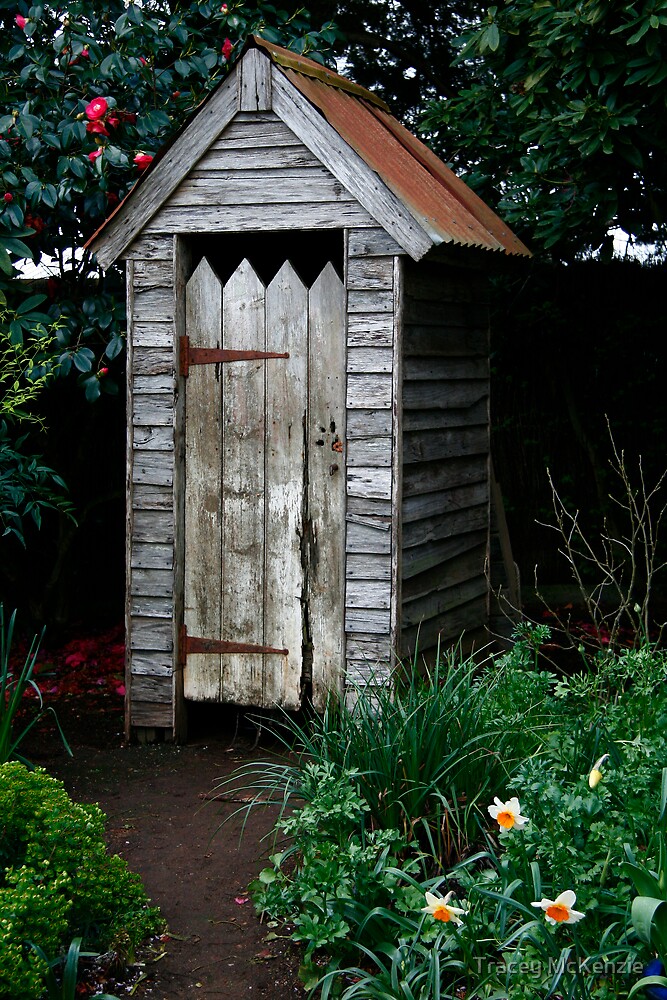Where to start on fixing aged care
New HESTA aged care workforce research reveals we risk missing a once-in-a-generation opportunity to build the skilled workforce needed to meet future demand if there is not an adequate national effort to improve wages and conditions in the sector.
The State of the Sector Aged Care Workforce Insights: COVID and Beyond report found poor pay and a lack of career opportunities were causing people to want to leave the industry.
“Our research shows we must act now to improve wages and working conditions if we’re to attract the skilled and talented people needed to provide high-quality care for older Australians,” HESTA chief executive Debby Blakey said.
“We have more than 200,000 members who work or have worked in aged care. Transforming the aged care system must start with the people central to delivering these critical services and improving outcomes for older Australians.
“Improving the quality and sustainability of aged care jobs will improve the financial future of our members working in the sector. A stronger aged care system is also vital for our members and all working Australians who will directly rely on these services as they age.”
The research found significant improvement in aged care workforce sentiment across a range of measures in a challenging year, pointing to a potential opportunity for the sector and government.
“Our research shows aged care professionals are feeling prouder to work in the sector and more connected to their employers and leaders. Workforce strategies implemented now could be particularly effective at attracting and retaining aged care professionals,” Ms Blakey said.
“We can’t afford to waste this opportunity.”
Ms Blakey welcomed the government’s announcement in the Federal Budget of a $17.7 billion funding package but said there remains widespread industry concern that this may be inadequate to urgently address issues identified by the Royal Commission into Aged Care Quality and Safety.
“The Royal Commission warned of an understaffed, underpaid and poorly trained workforce. The research is clear – our members are telling us these are key concerns and would cause them to leave the industry or not recommend others work in the sector,” Ms Blakey said.
“Without strong advocates from employees in aged care, we’ll struggle to attract the people needed to lift standards and meet the expected increase in demand from our ageing population.”
The research found aged care professionals’ top three reasons for leaving their employers were a lack of skill development opportunities, wanting to try something different and low pay.
What do you think needs to be done to fix aged care in Australia?





Perhaps the disrespect shown by the Government sector towards older Australians could be replaced by increased respect.
Older Australians really need a champion to advocate for them and listen to them and I am afraid they have not had one since the john Howard era.
in Aged care the split between Hicare dementia secure wards and other older people in care is just not managed well .
Carers time on the floor is lessened by the federal Government regulations which require time off the patient care to fulfill the wills of the bureaucracy or the employee.
Much is said about carer training and while training is important the nature of these people and there connection to Aged people is to me the most important skill.
I was very dissapointed about the language used by the Federal Government in-regard to the home care packages funding. As someone who was in the conga line for a home care package but in the end the Alztheimers moved too quickly hence my beautifull wife is now in a nursing home I am made to feel guilty for taking that step.It maybe of interest to the Government that there is zero help for the partners of those suffering of Dementia. I do not want sympathy but I spend 11 hours a day at the Agedcare home and then another 2 hours at home most nights washing her clothes .
I am a self funded retiree who is regularly means tested and pay a tax to the Government.I am grateful that our bank account will survive for a few more years.
sorry for being a bit long
a simple thin